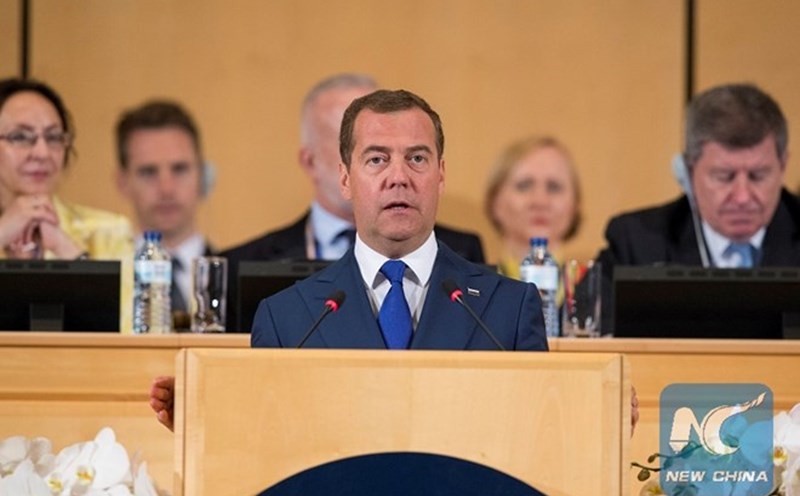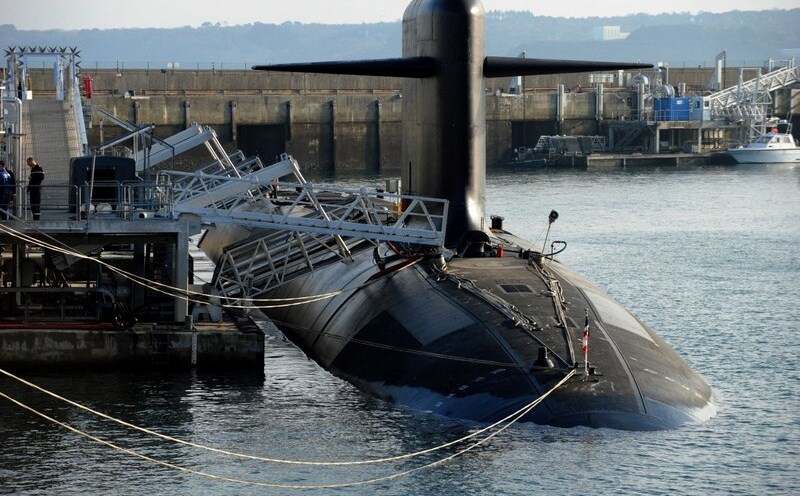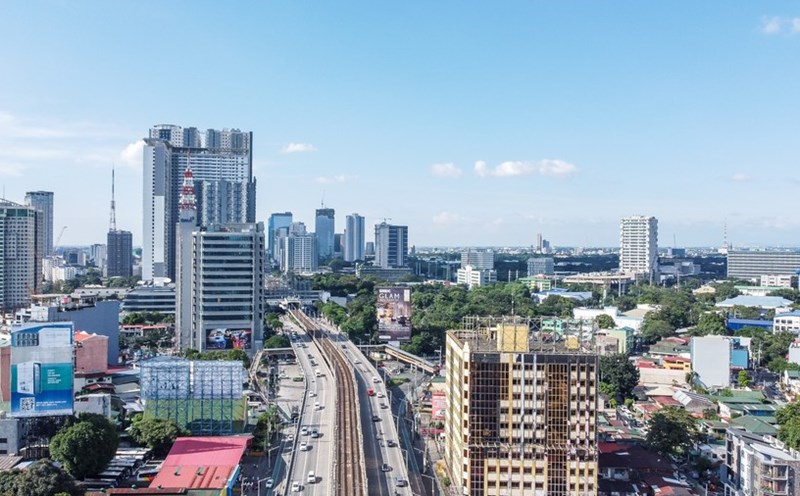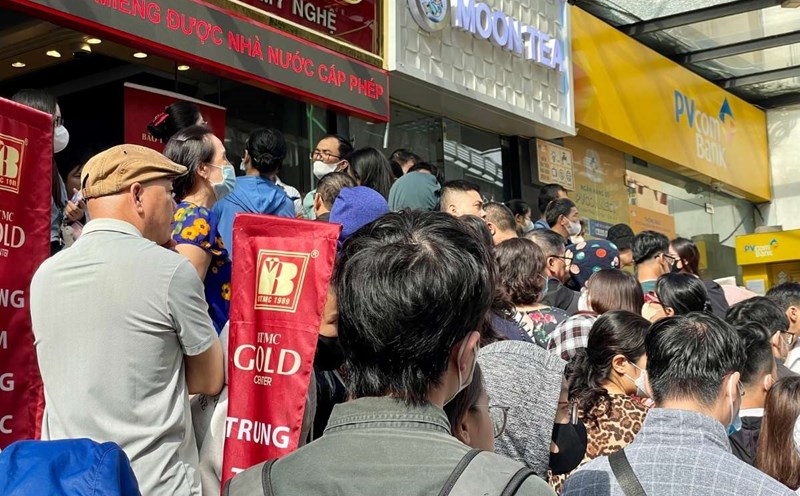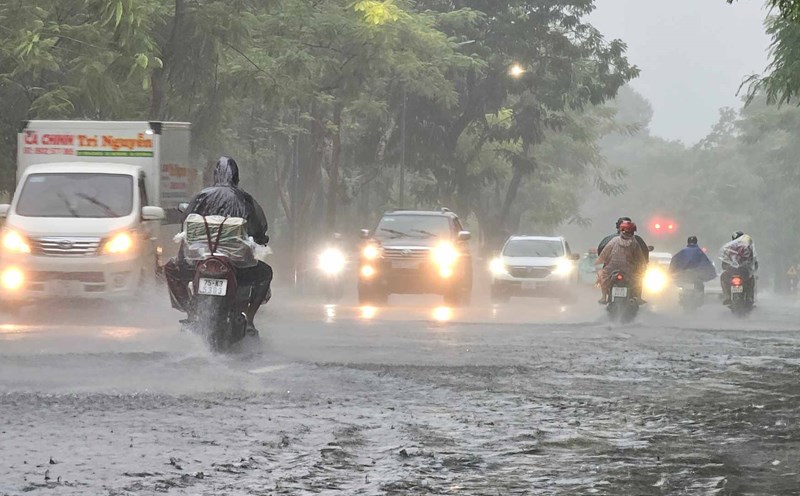Speaking on the sidelines of Russian Energy Week in Moscow, Dr. Rae Kwon Chung, a Nobel Peace Prize winner and current Chairman of the International Committee for Energy Awards, gave a positive assessment of Russia's next-generation nuclear power project.
"I think if it can be done as Mr. Putin promised or announced, it will truly be a huge breakthrough," Mr. Chung said.
The announcement came after Russian President Vladimir Putin announced in September that the country would build the world's first nuclear power system with a closed fuel cycle in the Tomsk region, with the launch date expected to be 2030.
In conventional nuclear power plants, uranium fuel is used once and then becomes highly toxic radioactive waste, which must be stored permanently. This is one of the biggest challenges for nuclear power.
In contrast, the "closed fuel process" is a breakthrough technology that allows the recycling of used fuel. Residual useful materials such as plutonium and uranium will be extracted and made into new fuel for reuse. This process helps to make the most of fuel sources and more importantly, significantly reduces the volume and toxicity of final radioactive waste.
According to Mr. Chung, this is the technological barrier that all countries in the world are trying to overcome. "I think no country has been successful in creating a complete waste reuse cycle yet... So if Russia can do it, it will be a huge contribution," he added.
At the same time, he also expressed concern about the complexity of the project, because it has never been successfully implemented on an industrial scale before.
In his speech, President Putin also called the project a revolutionary development of Russian scientists and engineers. According to him, this mechanism will in the future almost completely solve the problems of radioactive waste accumulation and most importantly, eliminate concerns about uranium supply security.

